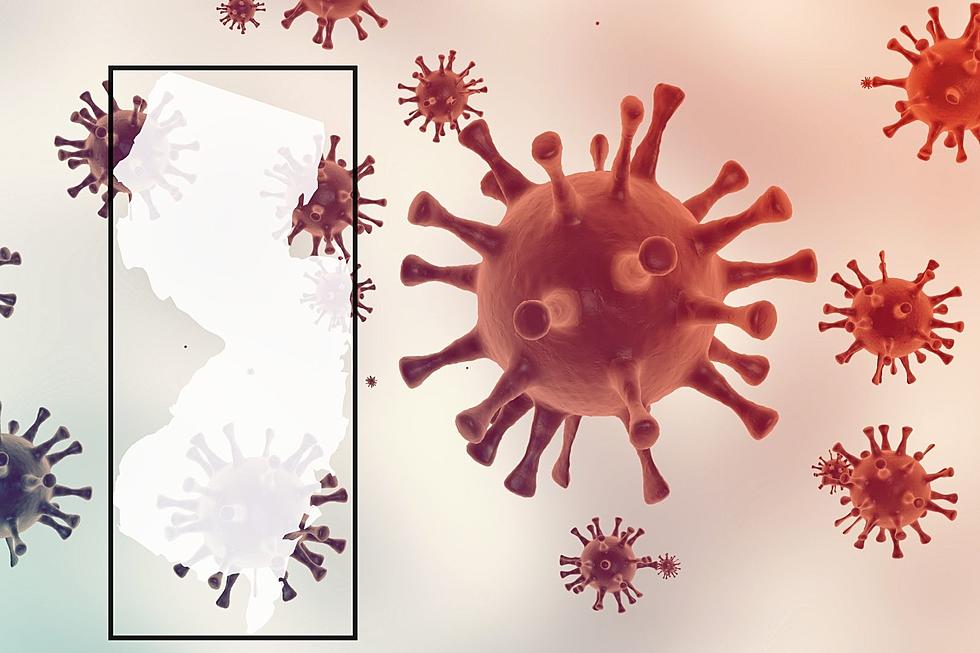
In 9 days, COVID-19 killed more NJ residents than the flu does in a year
New Jersey isn’t yet at the peak of its COVID-19 curve, yet already more state residents have died from the novel coronavirus and its complications than died due to influenza and related pneumonia in any of the last 15 years.
In fact, the number of coronavirus-related deaths in the last nine days alone exceeds the average 1,285 flu-related deaths a year over the last decade in New Jersey, according to State Health Assessment Data.
On Wednesday, another 275 COVID-related deaths were announced by state officials, bringing the state’s toll to 1,504 and counting. More than 1,150 deaths due to the virus have been announced in the past week, though some of those occurred earlier.
Not since 2005 had more than 1,500 flu-related deaths happened in one year in New Jersey.
“We have to underscore that all these deaths, whether it’s related to flu or whether related to COVID-19, they’re all tragic,” said Dr. Tina Tan, the state epidemiologist.
You, Your Money, Your Job: Thursday, April 9 at 7 p.m., New Jersey 101.5 is hosting a live discussion on surviving the coronavirus economy, and getting the help you need. Tune in to New Jersey 101.5 FM, listen on the New Jersey 101.5 app, or watch and participate on Facebook Live at Facebook.com/NJ1015.
Tan said it’s not yet possible to compare COVID-19 and the flu virus in terms of which is more lethal because of a variety of factors that will become clearer over time.
“It’s difficult to make comparisons per se,” Tan said. “Influenza, we know a lot of those deaths and illnesses, this is a vaccine-preventable disease.”
“What the deaths underscore right now and what we understand about COVID-19 related deaths is that we have been seeing – again, we have been repeating this time and again – that they predominantly are occurring among individuals with underlying illnesses, with older individuals,” she said.
Forty-four percent of those who have died have been 80 years or older, said Health Commissioner Judith Persichilli. Thirty-three percent are between ages 65 and 79; 17% are between 50 and 64 years old; 4% are between 30 and 49 years old; and 1% are under 30.
Persichilli said 44% of cases have documented underlying conditions, 2% have no underlying conditions, and the remaining 814 cases are still being investigated. The most common are cardiovascular disease, diabetes and asthma, emphysema or COPD.
A vaccine for COVID-19 isn’t likely to be available until at least early next year.
“That’s why we have to continue to take these measures – use the vaccine that we sort of have, which is the social distancing,” Tan said.
More from New Jersey 101.5:
Newark's quiet in the coronavirus crisis
Michael Symons is State House bureau chief for New Jersey 101.5. Contact him at michael.symons@townsquaremedia.com.
More From New Jersey 101.5 FM









